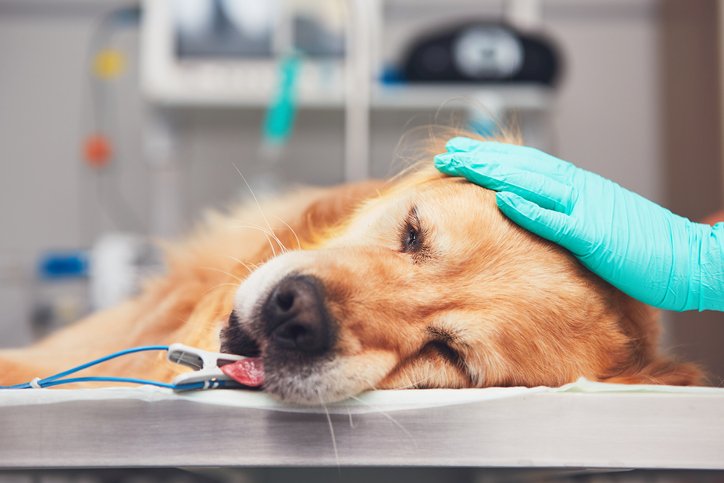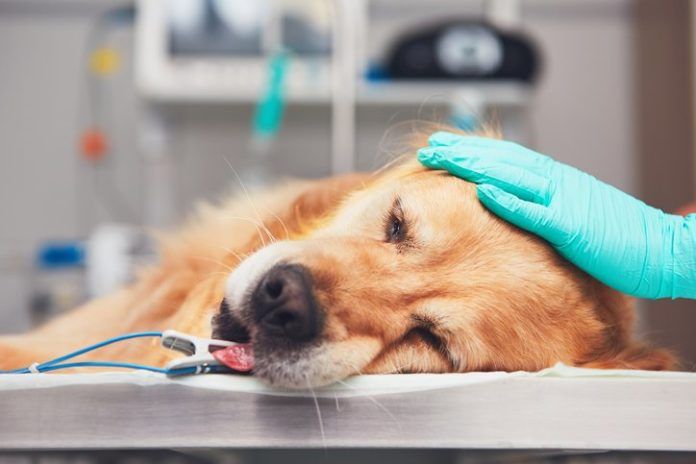Advances in veterinary anesthesia techniques have made veterinary surgery considerably safer nowadays, but its usage needs to be tailored to the individual dog to make it as risk-free as possible. Here are the important questions to ask before your dog undergoes surgery.

iStock / Getty Images Plus/ Chalabala
1.What types of testing will be done before anesthesia?
“Bloodwork to assess kidney function, liver function and bone marrow function should be done,” according to Robin Downing, DVM, founder and past-president of the International Veterinary Academy of Pain Management. “If there’s an abnormality in liver or kidney function or the dog is anemic or has a high white blood cell count, anesthesia may have increased risk for that animal, and drugs can be selected that will reduce the risk.”
2.Will there be a qualified person monitoring my dog’s vital signs?
Your veterinarian’s technician should be trained in the latest anesthesia and monitoring techniques, including monitoring blood pressure. “The most sensitive parameter that we can measure in an anesthetized patient that gives us volumes of information is blood pressure,” explains Dr. Downing.
3.Will my dog receive intravenous (IV) fluids while he’s anesthetized?
He should. IV fluids for dogs help prevent dehydration and low blood pressure, both of which are associated with anesthesia.
4.What happens if there’s a complication with my dog’s anesthesia?
Emergency procedures and drugs should include intravenous catheters placed so that drugs can be rapidly injected in the event of a reaction to anesthesia or a change in heart rate.
5. Will efforts be made to keep my dog warm after surgery and will there be a pain management plan?
Dogs – especially small dogs – can become cold during anesthesia and surgery. Maintaining their body temperature keeps them comfortable and helps the body do a better job of metabolizing the specific dog pain meds chosen for him. Each dog is an individual, so age and health are factors your veterinarian will take into account. For instance, a dog with diabetes should have his glucose monitored periodically, but that’s not necessary for a young, healthy dog being spayed.





